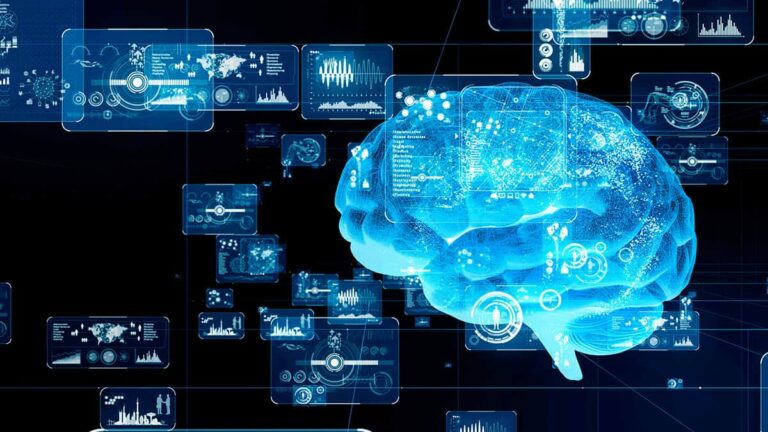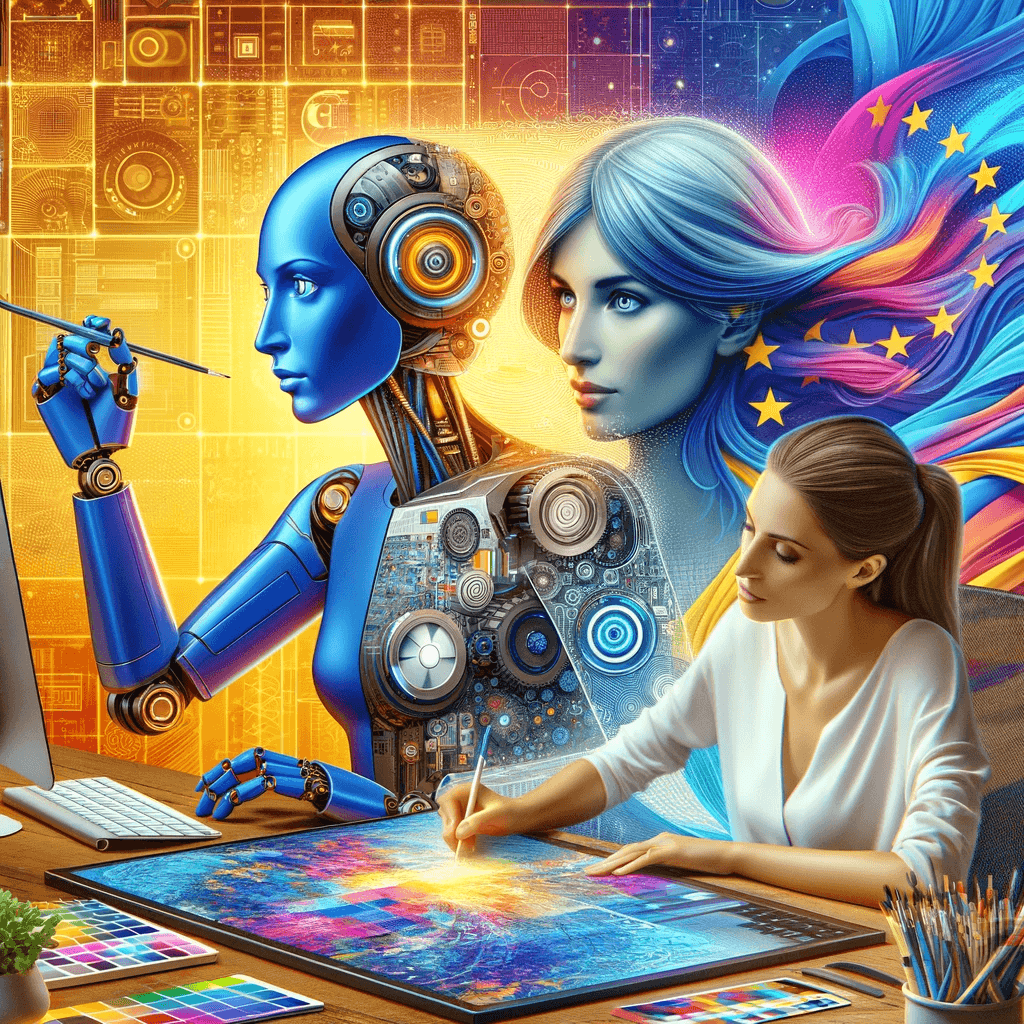Artificial Intelligence’s Early Years
AI is a phenomenon that has roots going back to the 1950s with pioneers such as Alan Turing, John McCarthy as well and Marvin Minsky laying the groundwork for the field. Turing’s research in his Turing Test, designed to evaluate a machine’s capability to behave intelligently, and McCarthy’s invention of terms such as “Artificial Intelligence” were pivotal instances in AI development.
At this time, AI research was focused on symbolic AI, which was the process of executing rational reasoning using human-like decision-making.
Key Milestones:
- The Dartmouth Conference, where the term “Artificial Intelligence” was first used.
- The beginning of AI programs, including Chess-playing software as well as expert-level systems, was developed.
The Rise of Machine Learning
The most significant breakthrough in AI was the rise of Machine Learning. Although early AI systems were based on predefined rules and logic, machine learning algorithms enabled the machines to be taught from information and increase their efficiency over time, without the need for explicit programming.
This transition from rules-based systems to data-driven ones provided the basis for many of the applications of Artificial Intelligence, which we use in the present.
Key Milestones:
- The dawn of neural networks, as well as deep-learning techniques, mimicked how the human brain processes information.
- The emergence of more sophisticated ML algorithms, such as support vector machines, as well as decision trees.
Deep Knowledge: The Game Changer
Deep Learning is one of the subfields of Machine Learning that has greatly changed the capabilities of AI. Through the use of multi-layered neural networks that are deep learning, models can process huge quantities of data and find intricate patterns. The models revolutionized areas like computer vision, processing of languages, and speech recognition.
It is the main driver behind many of the most effective Artificial Intelligence applications currently, like self-driving cars, as well as facial recognition systems and virtual assistants such as Siri or Alexa.
Key Milestones:
- 2005: Geoffrey Hinton and others created deep belief networks. They are a precursor to modern deep learning.
- 2010s: Significant breakthroughs on convolutional neural networks and recurrent neural networks have led to significant advances in speech and image recognition.
Artificial Intelligence in Industry: From Research to Real-World Applications
As AI has grown, it has expanded its applications into every field. AI can no longer be only an area of research, but rather an essential technology that powers real-world solutions.
The most well-known Artificial Intelligence applications are:
- Health care: AI is revolutionizing diagnosis, drug discovery, and the development of personalized treatment plans.
- Finance: AI is used to detect fraud, as well as for risk management and trading algorithms.
- Transportation Autonomous vehicles and intelligent traffic systems employ AI to increase safety and efficiency.
- Entertainment Artificial Intelligence-powered recommendation engines for platforms such as Netflix and Spotify make it easier for users to have a more personalized experience.
- Retail AI is utilized to manage inventory, as well as predictive analytics and chatbots for customer service.
The Destiny of AI: Ethical Concerns and Appearing Trends
Although Artificial Intelligence can solve a variety of global problems, it also raises some significant ethical issues, like privacy issues, biases in algorithms, and loss of jobs caused by automation. When AI advances and technology continues to advance, it will be vital for us to make sure that AI technology is created and utilized responsibly.
The latest patterns in Artificial Intelligence include:
- Understandable AI: Intent to create AI decision-making clearer and easier to comprehend.
- AI and Creativity AI is employed to create music, art, and even to write stories.
- General Artificial Intelligence: The pursuit of AI that can perform any task of intellectual ability that human beings can perform.
How a BTech in Computer Science Engineering Can Assist You in Donating to AI
If you are interested in exploring the realm of Artificial Intelligence, an ABTech degree in Computer Science Engineering gives you a solid base.
This course typically will cover:
- Fundamental Ideas of AI and Machine Learning Students are introduced to algorithms, data structures, algorithms, as well as the fundamentals of machine learning that are vital to Artificial Intelligence development.
- Learning to program. The ability to master programming languages such as Python, Java, and R is essential for the implementation of AI algorithms.
- Data Science and Big Data: A BTech degree in CSE usually includes courses in data analysis and working with huge datasets, which is crucial to the development of AI modelsHands-onn project. Most programs provide hands-on experience via work experience or projects that use practical applications of Artificial Intelligence and machine learning.
When they pursue the BTech degree in CSE, students can gain the experience and knowledge required to be a part of AI research development and numerous applications. The graduates are prepared to become data scientists, machine-learning experts, Artificial Intelligence researchers, and more.
Conclusion
The growth of Artificial Intelligence from the earliest theoretical models to the incredibly powerful technology of today demonstrates the amazing potential of this area. Amid a time when AI continues to transform industries all over the world and is a constant source of innovation, there’s never an opportunity to make an exciting career in this field. A BTech degree in Computer Science Engineering provides the fundamentals and abilities needed to participate in the future generation of AI advances.




